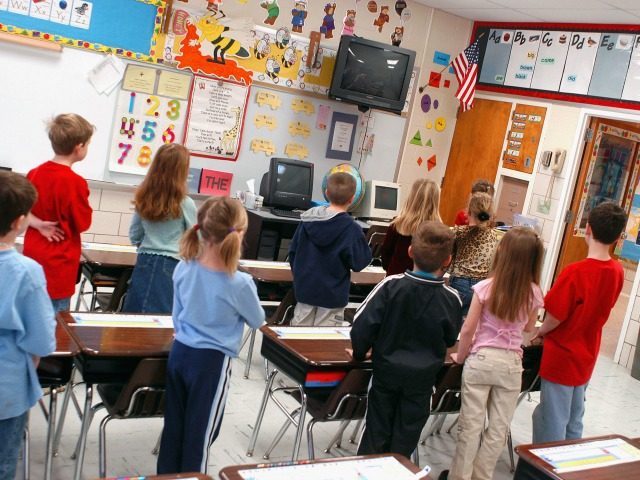The sociology department at UC Santa Barbara published a website that argues that children as young as four should engage in “sexual play.”
A bizarre site published by UC Santa Barbara argues that children from ages four to seven should engage in “sexual play.” “Sexual play,” as defined by the site, refers to acts as innocent as “playing house,” and as sexual as the touching of their peers’ genitals. According to the site, parents should not react negatively if their young child decides to explore the genitals of another child.
Sexual play during this age often mirrors the dominant heterosexual social roles assigned to women and men, including playing “house” and assigning a “mommy” and a “daddy.” This play is motivated by children’s curiosity involving social interaction, societal roles, and the bodies of others. Children see how their parents and other adults act and mimic what they see. Children might display affection to their friends by hugging and kissing, or touching each other’s genitals, which is perfectly normal. Parents should not react in a negative way because children are just exploring. Sexual play between children can cause harm if the acts are non-consensual or hurtful, in which case parents should intervene.
The site emphasizes that parents should embrace their children’s sexual play, including their “consensual sexual activity.” The site argues that reacting negatively to such behavior could teach them to associate sexual activity with feelings of guilt.
It is important for caregivers and parents to keep their reactions to children’s consensual sexual activity and play positive. If a child is told that these activities are “bad,” he or she may learn to associate sexual activity with feelings of guilt. Children may carry this guilt with them into adulthood, which can negatively impact their sexual lives.

COMMENTS
Please let us know if you're having issues with commenting.